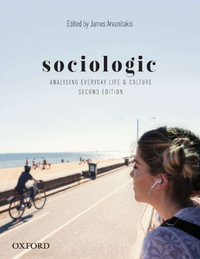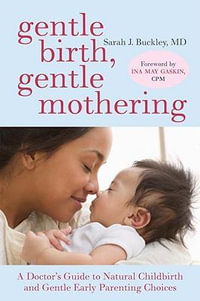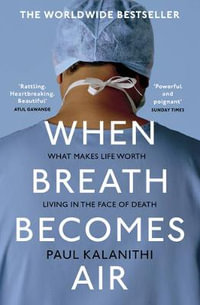Long, productive lives are the destiny of most of us, not just the privilege of our great-grandchildren. The story of aging is not one of steady decline and decay; we need a new narrative based on solid research, not scare stories. Today Americans enjoy a new, healthy stage of life, between roughly 65 and 79, during which we are staying engaged in the workplace, starting new relationships and careers, remaining creative and becoming entrepreneurs and job creators.
We are in the midst of a major paradigm shift in the way we live. Our major milestones are shifting. The definition of "normal" behavior is changing. Today, we marry later or not at all; cohabitation is not just a stepping stone to marriage, but a long-term arrangement for many. Women often have their first child in their 40s, and increasingly before they marry. People enjoy active sex lives well into their 6th, 7th or even 8th decades. None of our institutions will remain the same.
People are working longer, and given the declining birth rate, older workers will be in great demand. Four generations are increasingly working side by side, learning from each other. But we must ensure that the benefits of long life are not limited to a wealthy few.
The Age of Longevity shows how we as a society can embrace the life-altering changes that are either coming in the near future or are already underway. The authors give readers a panoramic view of how they, the institutions that affect them, and the country as a whole will need to adapt to what's ahead. They offer strategies, based on cutting-edge research, that will enable individuals, institutions, companies, and governments to make the most of our lengthening life spans. Using real life examples throughout, the authors paint a picture of what our new longer lives will look like, and the changes that need to be made so we can all make those years both more productive and more enjoyable.
Industry Reviews
The CDC reports that average life expectancy is at its highest ever-about 81 years for women and 76 for men. Of those Americans who reach the age of 65, one of four will live beyond 90. But this boost in longevity raises important questions: How do we maintain vigor and dampen physical decline? How can we best spend those extra years? How will we adapt to changes in culture and technology? Addressing the stage of late adulthood, between ages 55 and 80, scientist Barnett and journalist Rivers, both recipients of distinguished awards, believe that society must rework its attitudes and timetables about seniors and rethink its institutions (education, career, marriage, parenting). They explore such topics as productivity, learning, creativity, sexuality, and medical advances (stem cells, tissue engineering, and nanotechnology). Age-related boundaries, they observe, are beginning to blur. The authors quote psychologist Ellen Langer, who counsels, 'People are all too aware of their limits and not at all aware of their possibilities.' This optimistic book forecasts a future of flux, hope, and opportunity, a new world of longevity. * Booklist *
There's lots of good news in this panoramic view of a longer-living population from Barnett and Rivers. Among the highlights are that older workers are actually creating more jobs for younger people through their participation in the economy. The authors further shatter the myth that retiring baby boomers are going to drain government funding. There are challenges, however, including multigenerational workplaces, shifting family sizes, and skyrocketing education costs, all of which the authors' abundant research and proposed scenarios address. VERDICT A thorough study of the present and an impressive predictor of the future. * Library Journal *
One can't read this book without concluding that age is only a mindset. If you're over fifty, you may find yourself cheering out loud. If you're under fifty, you 'll certainly find your stereotypes about aging challenged. No matter how old you are, you will gain renewed respect for the abilities that come with age. -- Ellen J. Langer, professor of Psychology, Harvard University; author of Counterclockwise: Mindful Health and the Psychology of Possibility, Mindfulness, and The Power of Mindful Learning
Barnett and Rivers enlighten us with everything you need to know about living longer. Prepare to be captivated by the exciting possibilities and new realities that the future holds for us all. -- Margie E. Lachman, Phd, Minnie and Harold Fierman Professor of Psychology and Director of Lifespan Initiative on Healthy Aging and Lifespan Lab, Brandeis University; Editor of the Handbook of Midlife Development
Rosalind Barnett and Caryl Rivers make a clarion call for reframing what aging and longevity are all about. They demand that we move beyond "what everyone knows" about aging and that we reject the "still syndrome": Are you still working, are you still thinking, are you still alive? Through data and first-hand accounts, they document the creativity, productivity, happiness, and contributions of older adults and of older old adults. -- Robert B. Hudson, Boston University
























